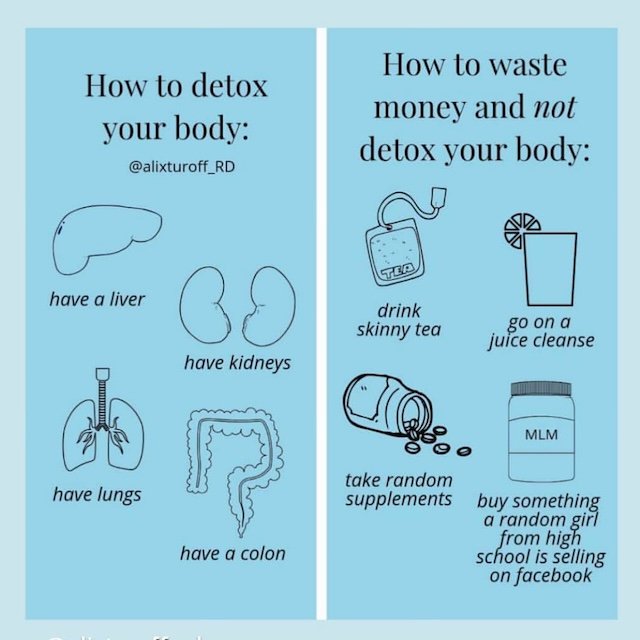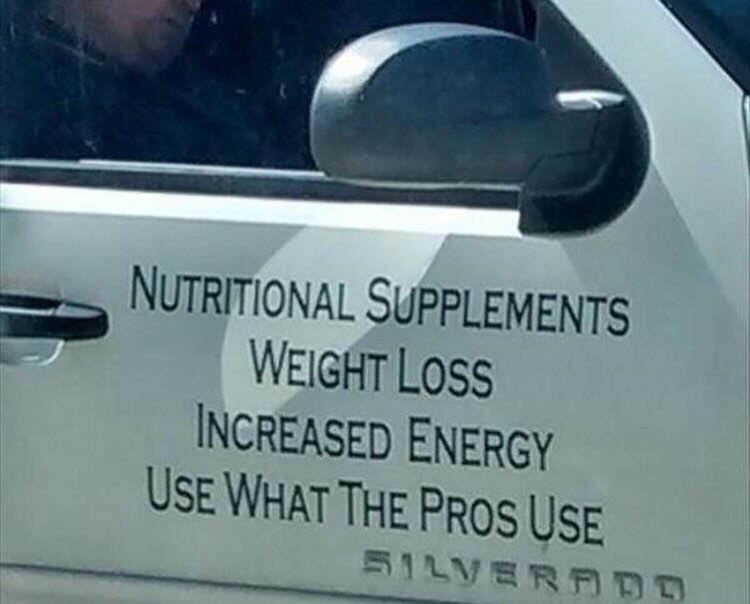Beware the Wellness Influencer conspiracy
At Vitalogy Movement, we’re all about empowering you to live your healthiest, most vibrant life. I’ve already wrote about how Doctors Can’t Help you be your healthiest. But the nemesis can be worse. In today’s digital age, where wellness influencers dominate social media feeds, it’s crucial to pause and ask: Are these self-proclaimed gurus helping or harming?
The truth is, the wellness industry is riddled with grifters—individuals who prioritize profit over people, peddling unproven remedies, pseudoscience, and even dangerous advice. While some influencers may have good intentions, the lack of regulation and accountability in this space can lead to serious consequences for your health. Let’s dive into the dangers of wellness influencers and why evidence-based practices should always come first.
The Rise of the Wellness Influencer
Wellness influencers have become a cultural phenomenon, amassing millions of followers by promising quick fixes, miracle cures, and transformative results. From detox teas to unproven supplements, their content often blurs the line between entertainment and education. But here’s the problem: many of these influencers lack formal training, credentials, or scientific backing for their claims.
A 2021 study published in the Journal of Medical Internet Research found that 72% of wellness influencers shared misinformation or unverified health advice. This is particularly alarming when you consider that their followers often trust them as if they were licensed professionals.
The Dangers of Unregulated Advice

composition, purity or efficacy!
- Selling Unproven Supplements and Products
The supplement industry is a goldmine for wellness grifters. Influencers often partner with brands to sell products that lack scientific evidence, such as detox teas, collagen powders, or “fat-burning” pills. The FDA does not regulate supplements as strictly as medications, meaning these products can be unsafe or ineffective. In some cases, they’ve even been linked to liver damage and other serious side effects. - Promoting Fad Diets and Extreme Restrictions
Many wellness influencers advocate for restrictive diets, such as juice cleanses, keto, or raw veganism, without considering individual health needs. These diets can lead to nutrient deficiencies, disordered eating, and long-term health complications. For example, a 2019 review in Nutrients highlighted that extreme dieting can disrupt metabolism, weaken the immune system, and increase the risk of chronic diseases. - Spreading Misinformation About Mental Health
Wellness influencers frequently dabble in mental health advice, recommending practices like “positive thinking” or “manifestation” to treat conditions like anxiety and depression. While mindfulness and self-care can be helpful, they are not substitutes for evidence-based therapies. The American Psychological Association warns that relying on unproven methods can delay proper treatment and exacerbate symptoms. - Exploiting Vulnerable Populations
Many wellness influencers target individuals who are desperate for solutions—whether it’s weight loss, chronic pain, or mental health struggles. This exploitation is not only unethical but also dangerous. A 2020 report by the British Medical Journal found that wellness influencers often use fear-based marketing to sell products, preying on insecurities and misinformation.
The Importance of Evidence-Based Practices

At Vitalogy Movement, we believe in the power of science-backed strategies to improve your health. Here’s how you can protect yourself from wellness grifters:
- Check Credentials
Before taking advice from an influencer, verify their qualifications. Are they a registered dietitian, licensed therapist, or certified trainer? If not, proceed with caution. - Look for Peer-Reviewed Research
Reliable health information is grounded in peer-reviewed studies. If an influencer makes a bold claim, ask for the evidence. A quick Google Scholar search can help you determine if their advice is legit. - Consult a Professional
When in doubt, consult a licensed healthcare provider. They can offer personalized guidance based on your unique needs and medical history. - Be Skeptical of Quick Fixes
True wellness is a journey, not a destination. If something sounds too good to be true, it probably is.
Final Thoughts
Wellness influencers may have pretty Instagram feeds and persuasive captions, but their advice isn’t always rooted in science. By staying informed and prioritizing evidence-based practices, you can protect your health and avoid falling victim to grifters.
At Vitalogy Movement, we’re committed to providing you with trustworthy, science-backed resources to support your wellness journey. Remember: your health is too important to leave in the hands of unqualified influencers. Our email list has lots of evidence-based tips.
Stay curious, stay critical, and always put your well-being first.
References:
- Journal of Medical Internet Research (2021): Health Misinformation on Social Media
- Nutrients (2019): The Impact of Extreme Dieting on Metabolic Health
- British Medical Journal (2020): Fear-Based Marketing in the Wellness Industry
- American Psychological Association: The Dangers of Unproven Mental Health Practices
Disclaimer: This blog post is for informational purposes only and is not a substitute for professional medical advice.
A Certified Health and Wellness Coach abides by the Code or Ethics, and doesn’t push BS. It’s easy to find-out what you should and shouldn’t do to be healthier, and there are no quick fixes. But will you do it? Behavior change can be hard, and a coach can help. Book your FREE Consultation today.

